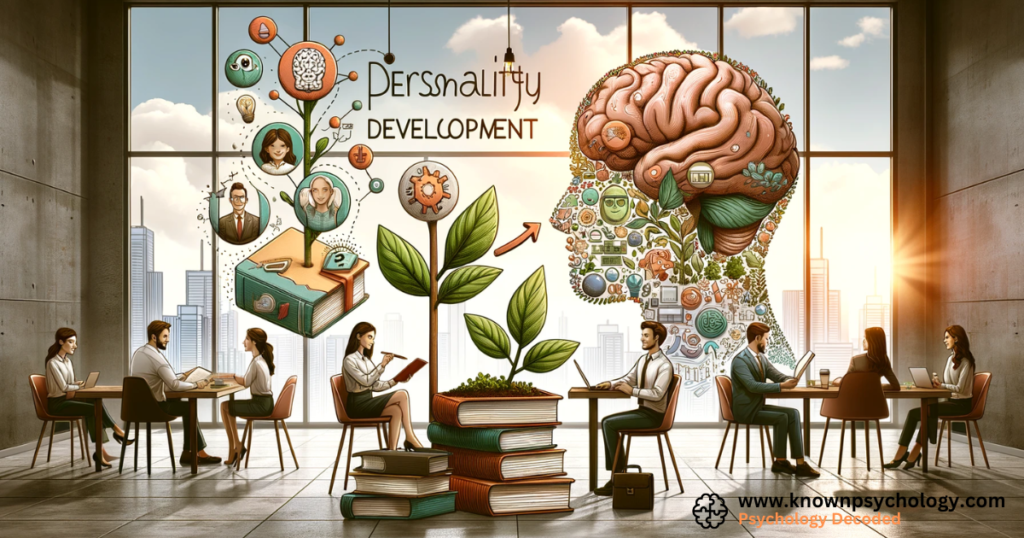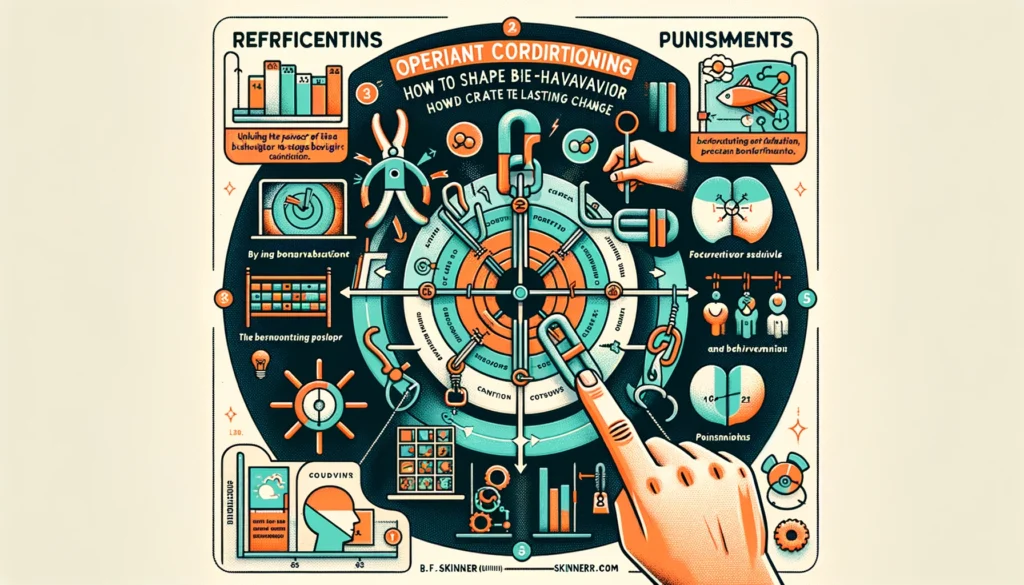
Improving your personality is not just about enhancing how you appear to others, but also about developing inner qualities that contribute to your overall sense of self and efficacy in various aspects of life, including your career. Your personality encompasses a range of characteristics and behaviors, from the way you interact with others to how you cope with stress. By understanding psychological theories and applying insights from various reference books, you can consciously develop traits that pave the way for professional success and personal fulfillment.
Understanding the Foundations of your Personality
Personality development is deeply rooted in both psychological theories and the practical advice found in numerous self-help and professional development books. According to the Big Five personality traits theory, personality is composed of five broad dimensions: openness, conscientiousness, extraversion, agreeableness, and neuroticism. Enhancing certain aspects of these traits can directly impact your career advancement. For example, increasing your level of conscientiousness can lead to better job performance as highlighted in Robert McCrae and Paul Costa’s foundational book on personality psychology.
Strategies to Enhance Your Personality for Career Success
Boost Your Emotional Intelligence
Emotional intelligence is a key part of your personality that affects how well you understand and manage your own emotions and how effectively you interact with others. Daniel Goleman’s book “Emotional Intelligence” argues that emotional intelligence is often more important than IQ in determining career success. Enhancing your emotional intelligence can help you navigate workplace challenges more smoothly and forge stronger relationships with colleagues.
Develop a Growth Mindset
A growth mindset, a concept detailed by Carol Dweck in her book “Mindset: The New Psychology of Success,” is another critical element of your personality that can influence your career trajectory. Believing that your abilities and intelligence can be developed over time through dedication and hard work encourages continuous learning and resilience in the face of challenges—key traits for career advancement.
Improve Social Skills
Your personality is often judged by your social interactions. Books like Dale Carnegie’s “How to Win Friends and Influence People” provide timeless advice on how to communicate effectively, handle people, and be likable. These skills are invaluable in any professional setting, as they can lead to better teamwork, more effective leadership, and ultimately, career progression.
Practical Steps for your Personality Development
Set Specific Goals
Based on the areas of your personality you wish to improve, set specific, measurable, achievable, relevant, and time-bound (SMART) goals. Whether it’s becoming more open to feedback, improving your ability to deal with workplace stress, or becoming more assertive, having clear goals will guide your personal development efforts.
Seek Feedback and Reflect
Regular feedback from peers, mentors, and supervisors can provide valuable insights into how your personality traits are perceived and the impact they have on your work. Reflect on this feedback and use it to adjust your behaviors and strategies for personal growth.
Engage in Continuous Learning
Attend workshops, read widely, and seek experiences that challenge you and offer opportunities to develop new skills. This continuous learning approach not only broadens your horizons but also enhances aspects of your personality that are crucial for career success.
A Note from Known_Psychology
Improving your personality is a dynamic process that involves a deep understanding of psychological principles and a commitment to personal growth. By focusing on key personality traits that influence career success and implementing practical strategies to enhance these traits, you can significantly improve how you navigate professional environments. Remember, the journey to improving your personality is ongoing and deeply tied to your personal and professional development.
References
- Costa, P. T., & McCrae, R. R. (1992). Revised NEO Personality Inventory (NEO-PI-R) and NEO Five-Factor Inventory (NEO-FFI) professional manual. Odessa, FL: Psychological Assessment Resources.
- Goleman, D. (1995). Emotional Intelligence: Why It Can Matter More Than IQ. New York, NY: Bantam Books.
- Dweck, C. S. (2006). Mindset: The New Psychology of Success. New York, NY: Random House.
- Carnegie, D. (1936). How to Win Friends and Influence People. New York, NY: Simon and Schuster.


